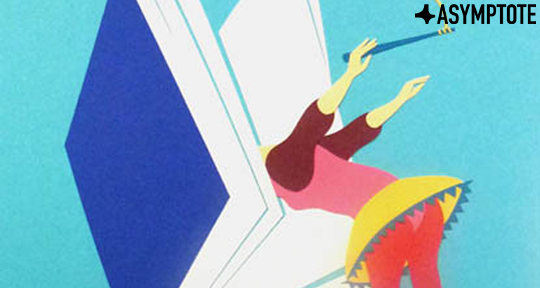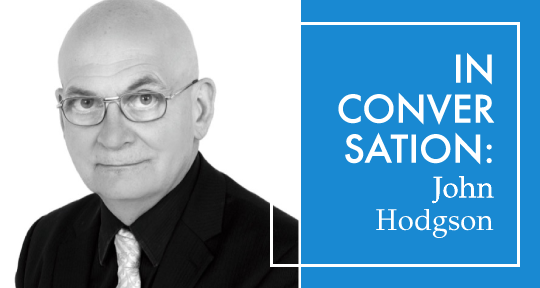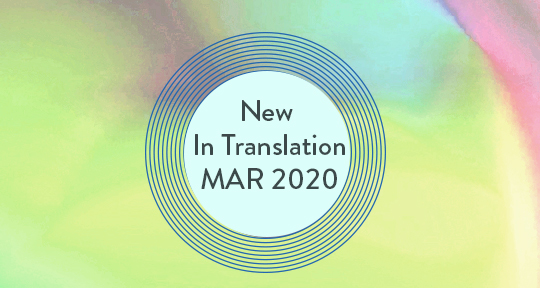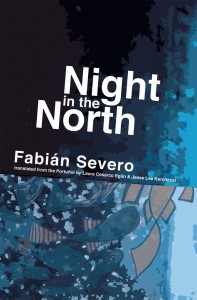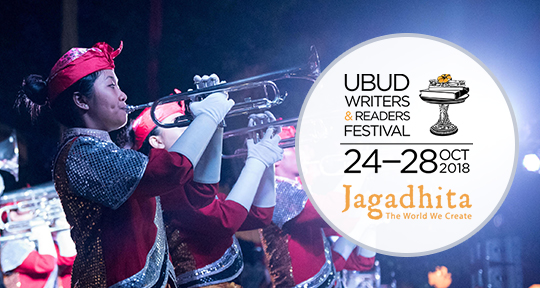Switzerland’s multilingualism has long been an inextricable part of its national identity, but how is this amalgam really implemented in everyday life—and how is it reflected in the country’s literature? Ahead of the Swiss Special Feature in our Summer 2022 issue (by the way, translators of this country’s literature are invited to submit work—and stand to receive an honorarium of USD80 if their work is accepted—by June 1), Swiss translator Zorka Ciklaminy sheds a light on the reality of living within this complex intersection of speaking, living, reading, and writing. The Berlin-based writer and translator Katy Derbyshire translated the following piece from the original German.
The Swiss Language Landscape
Switzerland is a country coloured by multilingualism; German, French, Italian and Rhaeto-Romansh all have equal standing as official national languages. Yet, this presumed quadrilingualism does not unilaterally apply to all those living in Switzerland, since it is not the case that the entire population speaks all four languages; the country instead consists largely of monolingual regions, with little dialogue between them. Along the language boundaries, and in the multilingual cantons (Bern, Fribourg, Graubünden and Wallis), however, many people are bi- or multilingual, and in areas such as German-speaking Switzerland, we see a varying bilingual phenomenon: High German may be the official language, but in everyday life people speak Swiss German—a collective term for various Alemannic dialects.
How is this multilingualism lived on an individual and societal level, and used in everyday communication? As one might suspect, the answer is not entirely clear or logical at first glance. Though the country’s everyday multilingualism does not differ essentially from that of its neighbouring countries. It must be emphasized that dialogue between the linguistic communities is actively promoted by the Swiss government, with a language law stipulating, among other things, that Italian and Rhaeto-Romansh—underrepresented languages compared to German and French—are to be maintained and promoted as national languages. However, it is obvious that when we speak of a multilingual Switzerland in this age of globalization, and of English as a rising lingua franca, our focus cannot possibly remain solely on the official national languages—which would not reflect Switzerland’s linguistic diversity, excluding a large part of the country’s residents. Instead, one should be attentive to what are still frequently referred to in Switzerland using the rather infelicitous term “fifth national languages”.
In a country of immigrants, like Switzerland, migration-led linguistic diversity plays an emphatic role in formation of new language communities. After the end of the Second World War, the 1950s and 1960s saw the arrival of political refugees from Hungary, Czechoslovakia, and Tibet, along with a larger group of labour migrants—known as Saisoniers—from Italy. During the 1980s and 1990s, migrants came mainly from southern and south-eastern Europe (Spain, Portugal, the former Yugoslavia and Turkey) and Sri Lanka. Following the 1999 Treaty on the Free Movement of Persons between Switzerland and the EU, further immigration occurred from central and eastern European states. This development prompted numerous languages to spread in Switzerland over the decades, forming a linguistic potpourri. In more specific terms, this migratory multilingualism means that these migration languages combined are spoken by more people in Switzerland than Italian and Rhaeto-Romansh together. For many years, the fact that this has led to new literatures in Switzerland was neglected or even ignored. READ MORE…

